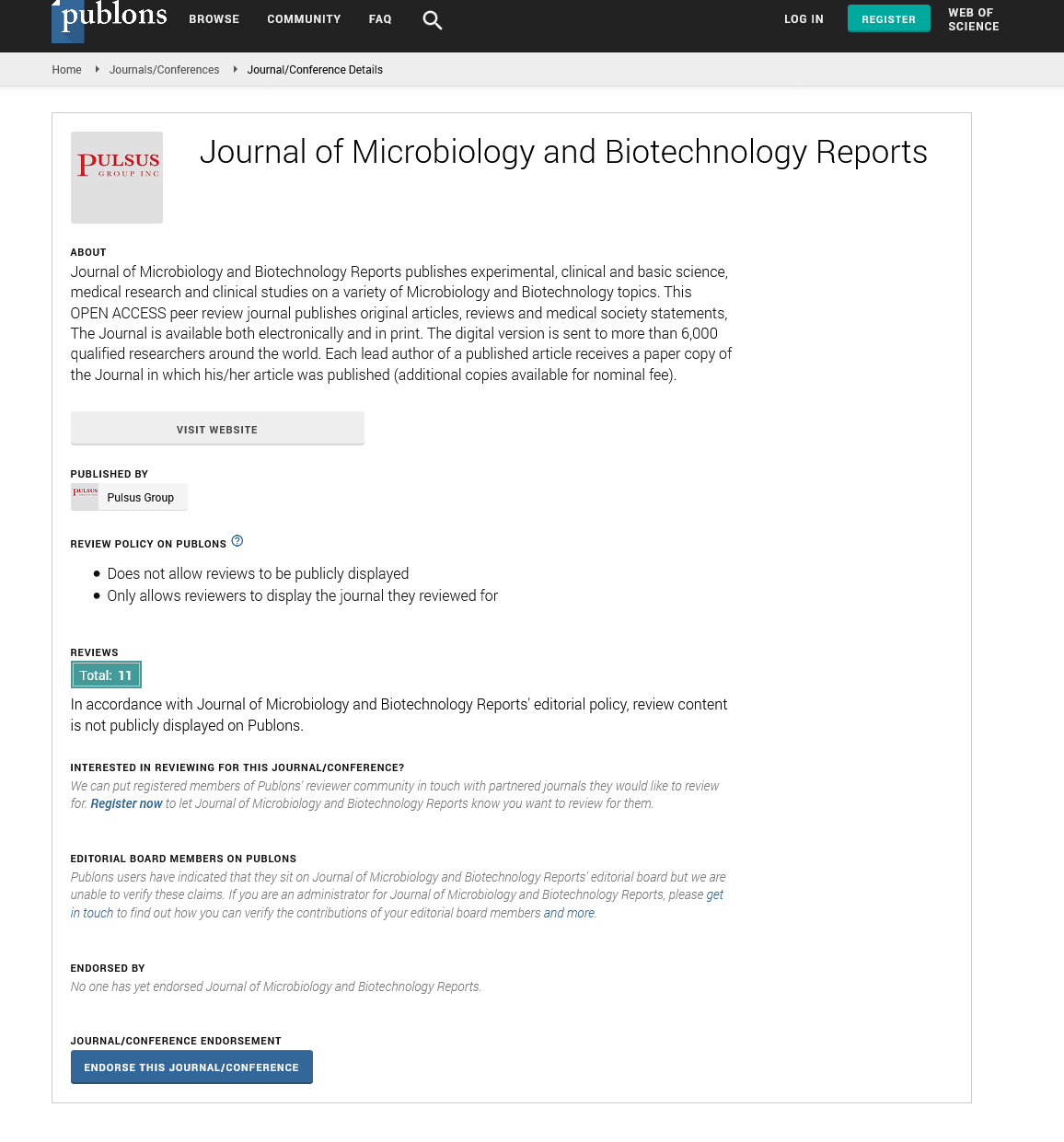
Sign up for email alert when new content gets added: Sign up
Abstract
Hormonal Cascades of Pregnancy: How Drug Delivery Can Regulate Peri and Post-Partum Neurogenesis and Emotional Outcomes among Women
Author(s): Tabinda Hasan, Kavitha Ganesh and Teseen FatimaNumerous factors govern mood changes of pregnancy; like physiological/biological changes related stress, metabolism changes, or shifting levels of estrogen, progesterone and Oxytocin hormones. Ovarian hormones prepare the maternal body for successful fertilization while placental hormones facilitate maternal adaptations to ensure optimal fetal development and maintain pregnancy; Changes in hormone levels can significantly affect production of neurotransmitters that regulate mood. Every woman responds to these changes differently. Some experience heightened emotions, while others feel depressed or anxious. It has been generally observed that moodiness flares around 6-10 weeks of pregnancy, eases during second trimester, and reappears as the ‘due date’ approaches. Prolactin stimulates nursing, Oxytocin is a ‘feel good hormone’ that stimulates maternal feelings of love and bonding for the baby while sudden variations in ‘Progesterone- Estrogen levels’ during pregnancy and after delivery have been notoriously linked to depression or anxiety. These hormone cascades are regulated by positive & negative feed-back mechanisms. In ‘sudden termination of pregnancy’ events as well as ‘extended breastfeeding’ or ‘abruptly ended breast feeding’; maternal adaptations to changed hormone levels are insufficient and extreme outbursts like self-harm and even harming of the baby might occur. The maternal brain is remarkably plastic and shows multifaceted neural changes. Hormone delivery mechanisms can facilitate affective neurogenesis and development of cordial neural networks. Hence, choosing and delivering ‘appropriate doses’ of ‘required hormones’ along temporally coordinated mechanisms might positively influence psycho-social and maternal and child health outcomes. This review highlights peri-partum adult neurogenes and associated mood changes with underlying hormonal mechanisms. It also elucidates the functional consequences of neurogenesis in the peripartum brain and the extent to which this process might play a role in maternal care, cognitive functions and postpartum mood. Finally, the study examines and discusses the effects of hormone dependent maternal neurogenesis on parenting styles.




